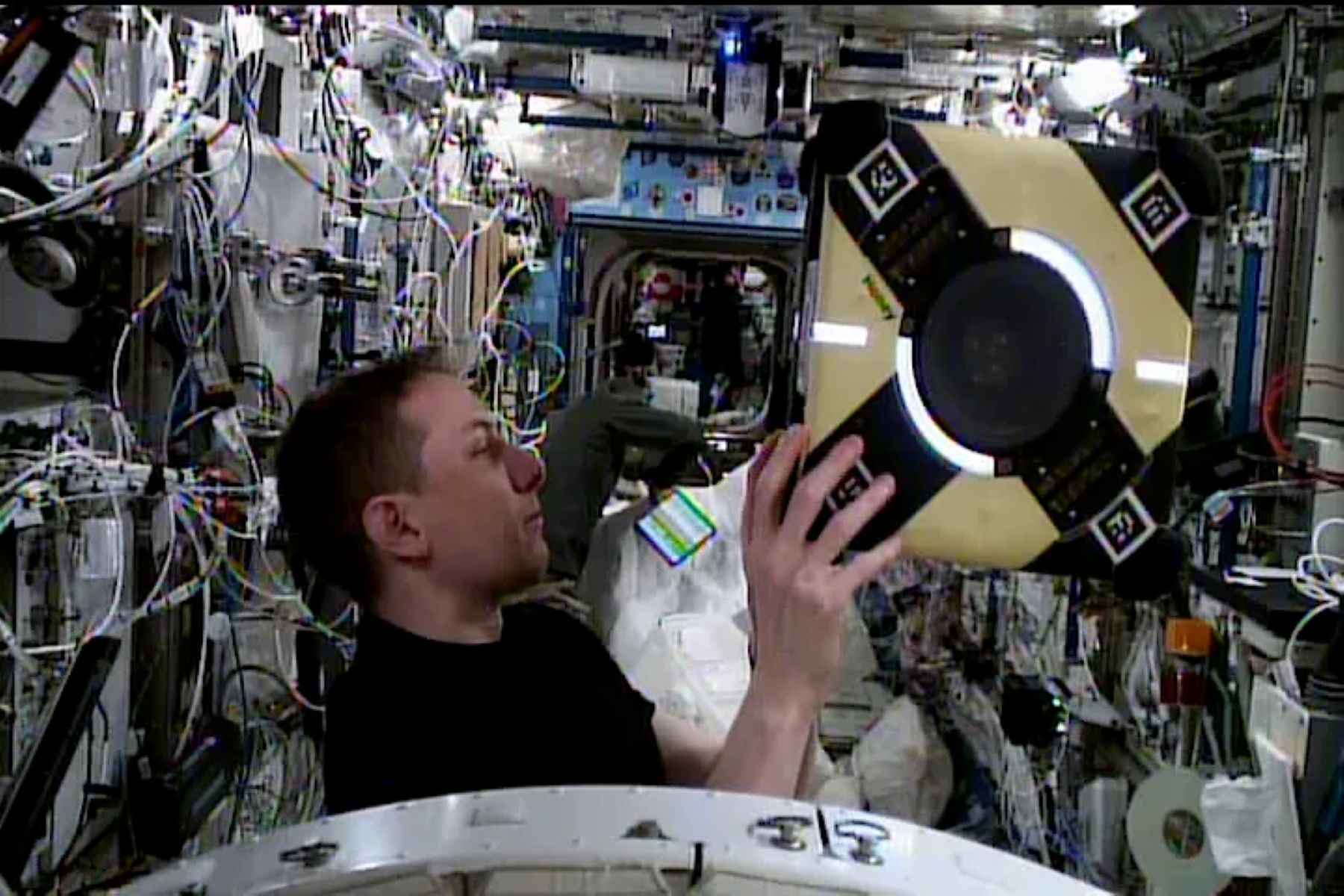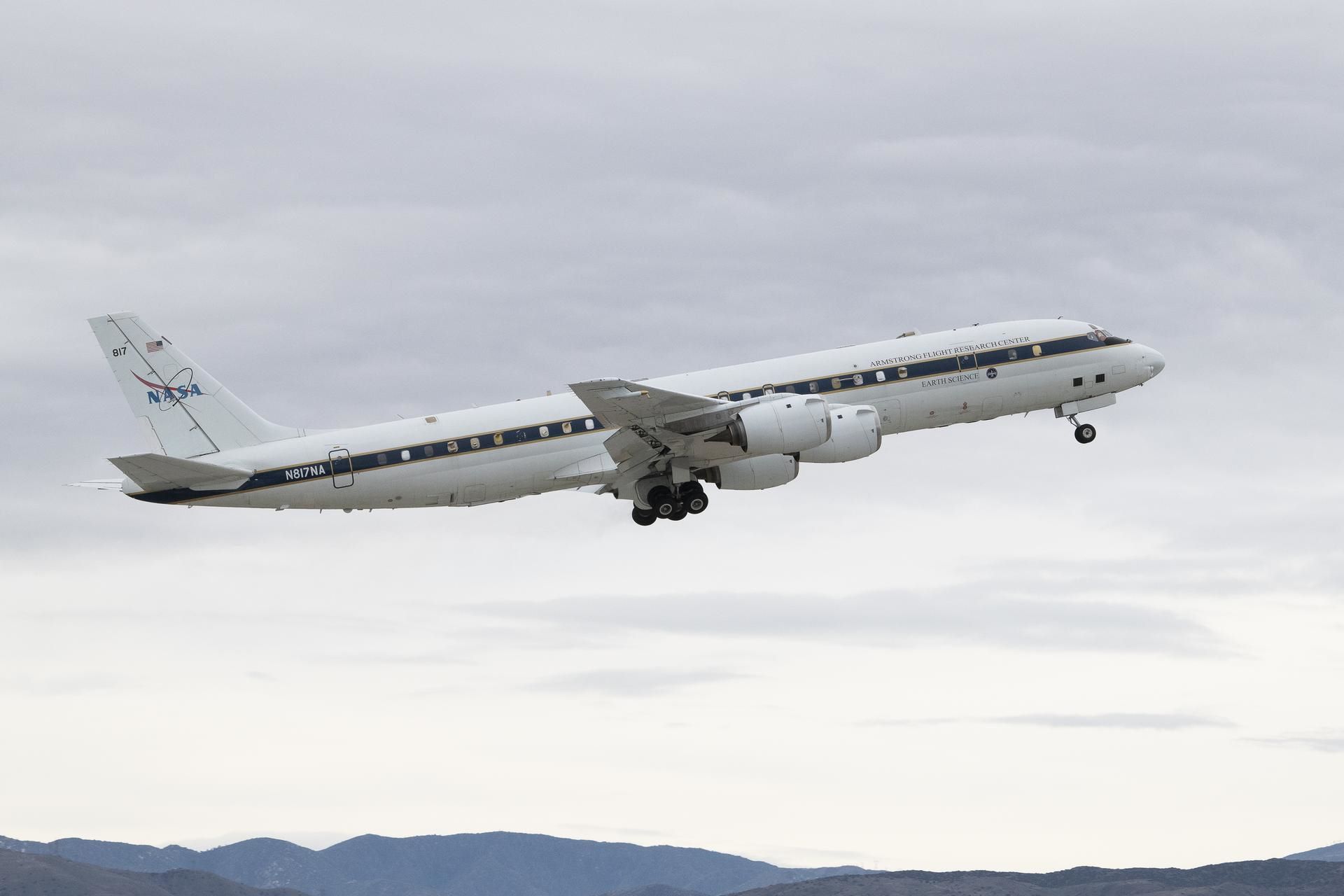NASA’s Honey Astrobee Robot Returns to Space

The International Space Station is abuzz with the return of one of NASA’s Astrobee smart robots. The yellow Honey Astrobee, one of three free-flying robots, was unboxed in space after spending nearly a year at its home base, NASA’s Ames Research Center in California’s Silicon Valley. Honey had returned to Earth in September 2022 for maintenance and repairs.
NASA astronaut Woody Hoburg helped unpack Honey from its flight container and verified the robot was ready to get back to work. After initial checks, Honey was able to independently disengage from its docking station, maneuver through the space station’s Japanese Experiment Module (JEM), and re-dock successfully without crew supervision.
The Astrobee Facility provides the orbiting laboratory with a robotic system for research and STEM (Science, Technology, Engineering, and Mathematics) outreach. Astrobee consists of three cubed-shaped robots, software, and a docking station used for recharging. The robots, which use electric fans as propulsion in the microgravity of the space station, aim to help manage routine spacecraft tasks so that astronauts can focus on jobs that only humans can perform. The project provides payload opportunities as well as guidance to users from academia, private industry, NASA, and other government agencies in the execution of approved research and STEM objectives.
Astrobee was funded by NASA’s Game Changing Development Program, part of the Space Technology Mission Directorate. Ongoing funding is provided by NASA’s International Space Station Utilization Office.





